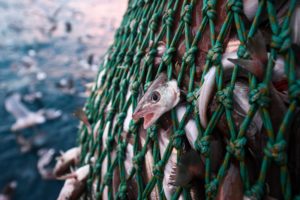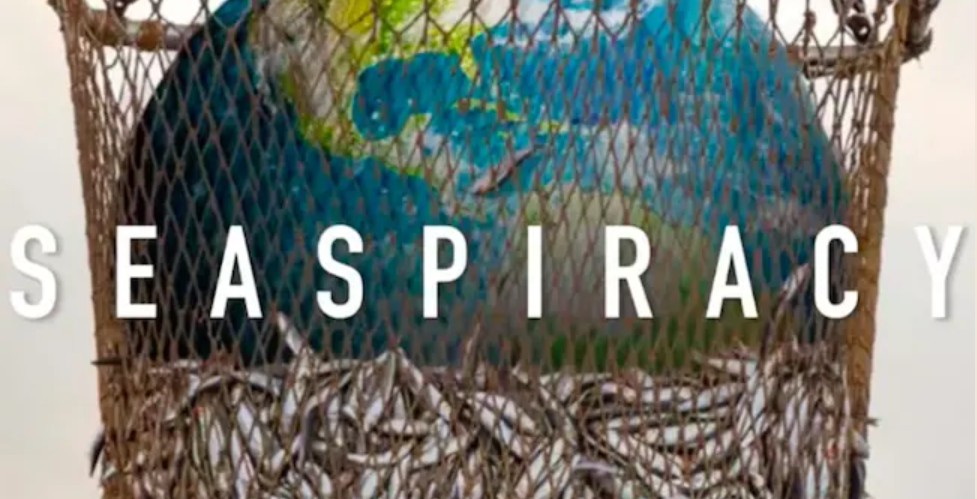Seaspiracy is a documentary about marine creatures, what they go through during fishing and their gradual extinction. It is very reflective, initially talking about whale hunting, in which millions of whales are killed or are found dead on the beaches due to the pollution of plastic or microplastics; but most of all by fishing nets that are abandoned in the waters and lead to death many species. The microplastics are therefore what fish breathe and eat and consequently that we also eat, making our own body toxic. The Japanese government unlawfully does whale hunting, banned since 1986; the director decides to go there to document everything that happens behind our backs. In the city of Taiji, in particular, police carry out hard checks, trying to cover up the illegality of their actions, to ensure that no information is leaking. Whales are not the only animals affected, in fact they also target dolphins…why? Nothing relevant, simply, by killing dolphins, they ensure a greater quantity of fish to be able to sell, taking them away from dolphins by depriving them of life. Somewhat macabre reasoning, which denotes a strong lust for money. The same thing happens to sharks, located at the top of the maritime food chain, essential for the life of the oceans, that sadly are becoming extinct. Half of this species dies due to accidental capture by fishing vessels, subsequently thrown back into the sea, often already dead; also after being caught they cut off their fins and then sell them, leaving the rest of their body unarmed. There is a very great problem with the illegal fishing of large fishing vessels in territories of other countries, especially in Africa. This way they go and take food from the local people, in war situations, who struggle to have some nourishment; for this they will be forced to push off to eat and rarely succeed, because the fishing boats are taking everything they have; they’re actually obliged to eat wild animals to feed themselves, which causes them infections and diseases like ebola.
 Another method of indiscriminate fishing is trawling, which does not only affect fish, but also marine flora, fundamental because it absorbs 93% of the CO2 present on our earth. Many companies that advertise their products as sustainable, lie, shows us the rejection of the interviews proposed by the director, about this subject; but from this documentary we also discover that there is no such thing as “sustainable fishing” because the only way to save the oceans would be to stop eating its slowly dying population.
Another method of indiscriminate fishing is trawling, which does not only affect fish, but also marine flora, fundamental because it absorbs 93% of the CO2 present on our earth. Many companies that advertise their products as sustainable, lie, shows us the rejection of the interviews proposed by the director, about this subject; but from this documentary we also discover that there is no such thing as “sustainable fishing” because the only way to save the oceans would be to stop eating its slowly dying population.
Asia Isawi 4N
